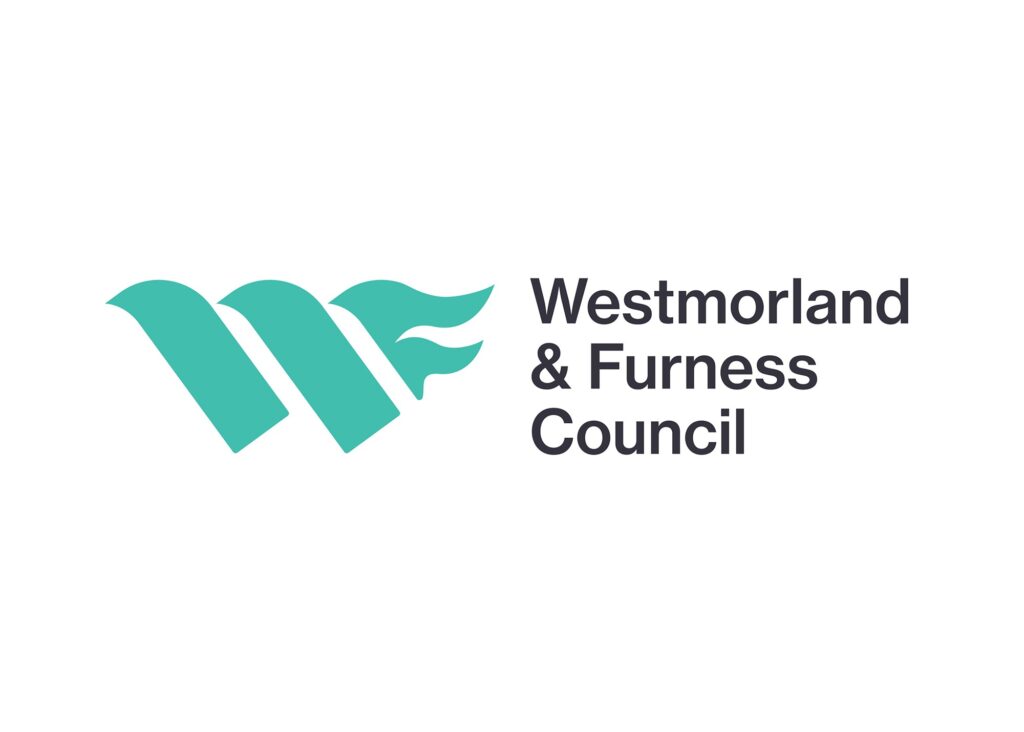Cumbria County Council seeks government funding for Lakes Line Railway expansion study
Written by John Williamson on 05/03/2021
Cumbria County Council is spearheading a funding bid to develop the business case for expanding capacity on the Lakes Line between Oxenholme and Windermere.
The county council has today (Friday 5th March) submitted an application to the Department for Transport for a £50,000 contribution to the cost of a business case and feasibility study into establishing a dynamic passing loop and associated signals on the Lakes Line. Creating this additional infrastructure would pave the way for restoring more frequent train services.
The Lakes Line is currently single track, which means just one round trip per hour is possible. This limits its ability to support the visitor economy and restricts local community access via rail to health, education and other key services.
Restoring the line’s capacity by adding a dynamic passing loop would enable up to two trains per hour to run along the line with the potential for more services to run south to Manchester and Preston. It would also significantly enhance the reliability and resilience of the line, a real concern for rail users.
Cllr Keith Little, Cumbria County Council Cabinet member for Transport, said: “The Lakes Line is a vital part of Cumbria’s railway infrastructure, providing a direct link from the West Coast Main Line to the Lake District. We believe creating a new loop, which effectively restores some of the Beeching cuts, would be hugely beneficial. It would support our visitor economy and its green recovery by providing more sustainable travel to the Lake District and help more people to access services and jobs.”
Tim Farron, MP for Westmorland and Lonsdale, said: “I’m delighted to team up with Cumbria County Council to present this bid to the Government for a passing loop on the Lakes Line. This investment could allow us to double the amount of trains that run on the line, providing a big boost for local passengers, for the local visitor economy and for the local environment.”
Dr Steve Curl, Cumbria Local Enterprise Partnership (CLEP) Board Member with responsibility for Transport and Infrastructure, said: “CLEP fully supports the application to the Restore your Railway Fund. The establishment of a passing loop and new signalling on the line would enable more frequent services and much improved connectivity to the West Coast Main Line at Oxenholme. This would be of great benefit to both local people and visitors to the Lake District who make a massive contribution to the local economy. By providing an attractive alternative to car travel in and out of the Lake District World Heritage Site, increased capacity on the line would also reduce carbon emissions and ease road congestion and parking issues in peak periods.”
Tim Owen, Chairman, Lakes Line Community Rail Partnership (LL CRP) said: “The Lakes Line Community Rail Partnership is delighted to have worked in collaboration with Cumbria County Council to develop this application to the Restoring Your Railways Fund. Our local communities and businesses are fully supportive of restoring train frequency capacity to open up essential economic and social growth. The application progresses recommendations from a Feasibility Study commissioned by the CRP in 2016.”
If the £50,000 funding bid to the DfT’s Restoring Your Railway Fund is successful, the county council would provide a further contribution to the cost of the business case.
The DfT’s Restoring Your Railway Fund is intended to support improvements to restore lost rail connectivity from the Beeching era. If the application is successful it would unlock funding for the development of a business case which when complete would be considered by DfT and Network Rail.
The Lakes Line is ideally placed to encourage the sustainable economic growth in Kendal and the Lake District National Park, a World Heritage Site. The line performs two key roles: it offers the key sustainable transport link to the heart of the Lake District World Heritage Site and vital non-car connectivity for communities along the line. The line is heavily used by tourists in the summer months and its role in this respect has grown strongly over the past decade: 302,254 station users at Windermere in 2007/08 increased to 421,650 in 2017/18.







